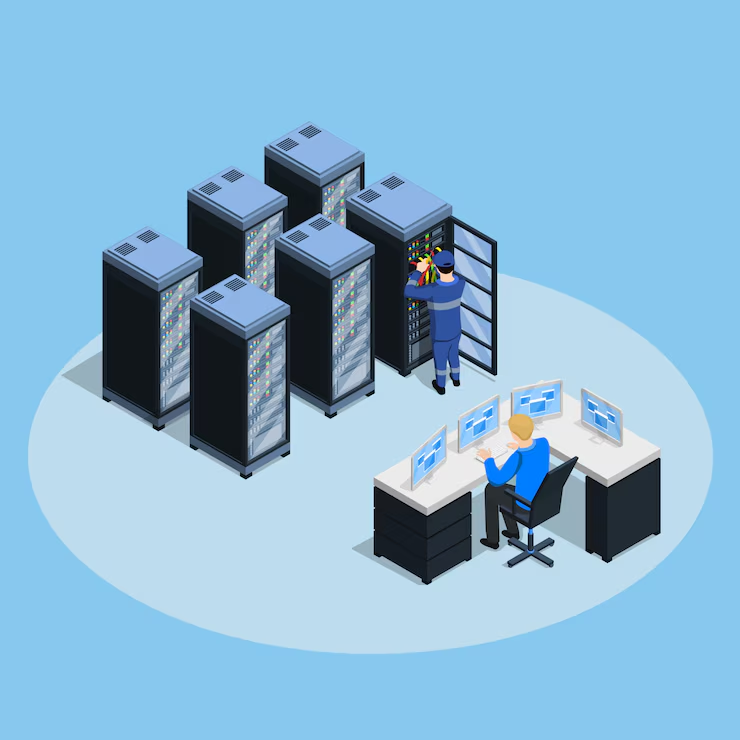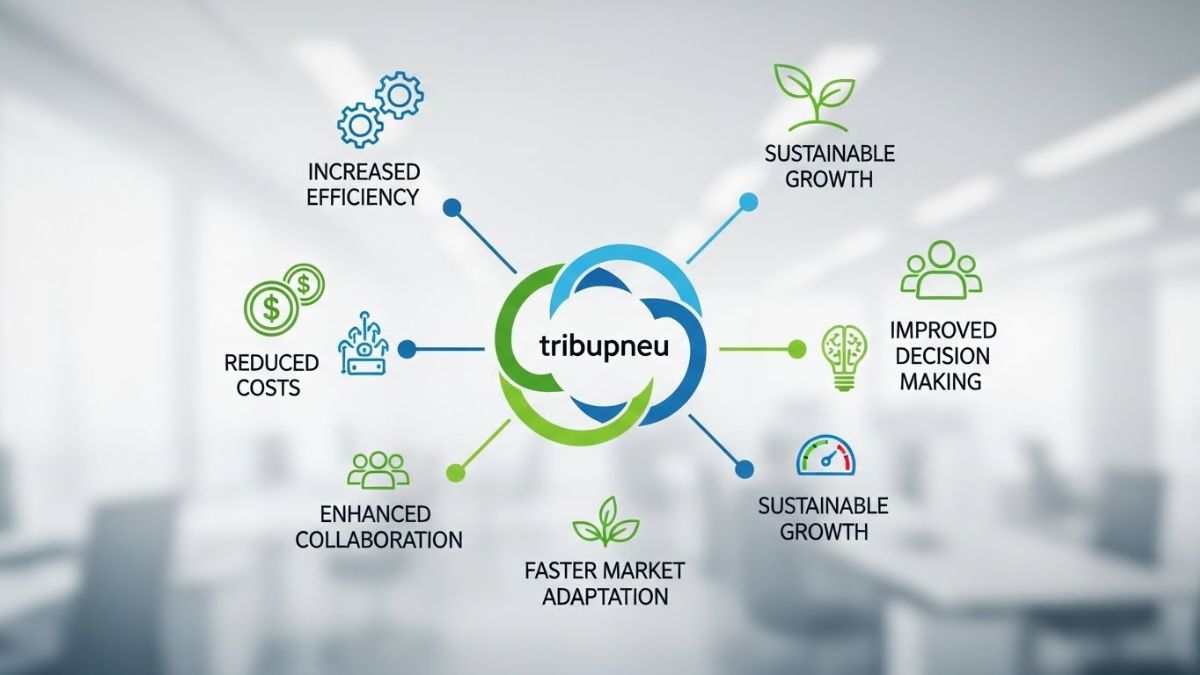Efficient data operations are vital for any modern business, and the infrastructure supporting those operations plays an equally critical role. One often overlooked yet essential component is the Data Center Racks. These specialized enclosures help organize, secure, and optimize servers and other IT equipment, ensuring that your data center runs seamlessly.
Choosing reliable data center racks is not just a matter of convenience; it’s a strategic decision that impacts the performance and longevity of your IT investments.
This article explores the significance of data center racks, their key features, the benefits they offer, and why customization options, durability, and airflow optimization are essential for smooth data operations.
Why Are Data Center Racks Important?
Data center racks are more than just structures to mount servers. They are the backbone of your IT equipment, helping maintain order, ensure proper airflow, and provide easy access for maintenance. Without reliable racks, your servers and networking equipment could be vulnerable to overheating, physical damage, or inefficient maintenance processes.
A well-designed rack streamlines the organization of power cables, reduces clutter, and prevents airflow blockages. This, in turn, prevents performance bottlenecks, safeguards equipment from overheating, and minimizes downtime. Simply put, the right data center rack is integral to the overall efficiency and reliability of your data center.
Essential Features of Reliable Data Center Racks
When selecting data center racks, it’s crucial to focus on features that enhance functionality and durability. Here are some key attributes to consider:
1. Airflow Optimization
One of the most critical features of a data center rack is its ability to promote proper airflow. Servers and IT equipment generate a significant amount of heat, and without adequate ventilation, this heat can compromise performance and even cause equipment failures. Reliable racks are designed with perforated panels or ventilation channels that allow air to flow freely, keeping equipment cool.
2. Durability and Load Capacity
Data center racks must be built to last. High-quality materials, such as steel or aluminum, ensure that the racks can handle the weight of multiple servers and other hardware without bending or warping. Durable racks reduce the risk of structural issues over time, guaranteeing peace of mind for data center operators.
3. Customization Options
Every data center has unique requirements, from space constraints to specific hardware configurations. Customizable racks allow businesses to adapt the design to their needs, whether it’s adding shelves, adjusting rack heights, or incorporating additional accessories. This flexibility ensures that the racks align perfectly with operational demands.
4. Cable Management Solutions
A clutter-free data center isn’t just visually appealing; it’s also easier to maintain and troubleshoot. Racks featuring integrated cable management systems reduce tangled wires, preventing airflow restrictions and making it simpler to identify and resolve connection issues quickly.
Benefits of Reliable Data Center Racks
Investing in high-quality racks offers a range of advantages that contribute to the overall efficiency and stability of your data center environment.
1. Improved Performance and Longevity
Reliable racks ensure that your equipment operates at optimal temperatures and remains secure. This minimizes wear and tear, extending the life of your servers and other IT components.
2. Enhanced Maintenance Efficiency
Properly organized racks make it easier for IT teams to access and maintain equipment. Quick access to hardware reduces downtime during maintenance or upgrades, allowing your operations to continue with minimal interruptions.
3. Cost Savings Over Time
Though premium racks may require a higher initial investment, their durability and efficiency translate to significant long-term savings. Reduced equipment failures, lower cooling costs, and minimal downtime offset the initial expense, making them a cost-effective choice.
4. Scalability
Reliable racks often come with flexible configurations that make it easy to scale your data center as your needs grow. Whether you’re adding more servers or upgrading existing equipment, scalable rack solutions simplify the process.
Customization Options to Meet Specific Needs
Every data center is unique, and your racks should reflect that. Customization options allow you to tailor your racks for specific applications, ensuring that your environment is optimized for performance. Here are a few ways customization can make a difference:
- Adjustable Dimensions: Custom heights, widths, and depths ensure that racks fit perfectly into your available space while accommodating various hardware configurations.
- Accessory Integration: Add-ons like keyboard trays, sliding shelves, or power distribution units (PDUs) enhance the utility of your racks.
- Design Customization: Choose from open-frame designs for enhanced airflow or enclosed cabinets for added security and noise reduction.
- Color and Finish Options: Aesthetic choices like color or finish might not impact performance but can influence how your data center looks and feels.
Customization empowers your business to create a highly functional, aesthetically pleasing, and durable setup that caters to your operational needs.
The Role of Airflow Optimization
Efficient airflow management is central to maintaining stable operations in a data center. Without adequate ventilation, servers can overheat, leading to performance issues and potential hardware failures. The best data center racks are engineered to optimize airflow through features like:
- Perforated front and rear doors that allow air to circulate freely.
- Side panels with ventilation slots or optional removable designs for better air distribution.
- Compatibility with raised floor systems and cooling aisles to ensure efficient thermal management.
By improving airflow, these racks not only protect your equipment but also reduce reliance on energy-intensive cooling systems, lowering overall operational costs.
Choosing the Right Data Center Racks for Your Needs
Given the importance of reliable data center racks, selecting the right one can feel overwhelming. Here are some factors to consider during your decision-making process:
- Assess Your Equipment Needs: Determine how many servers and additional hardware components you need to store. This will help you choose a rack with the right dimensions and load capacity.
- Plan for Growth: Opt for racks that offer scalability so you can accommodate future expansion without disrupting your operations.
- Prioritize Security: If your equipment contains sensitive data, enclosed cabinets with lockable doors provide added protection against unauthorized access.
- Evaluate Cooling Requirements: Take into account the heat generated by your equipment and ensure that the racks you select can optimize airflow to meet cooling needs.
Partnering with a trusted provider ensures that you receive expert guidance and products designed to meet your specific requirements.
Final Thoughts
Reliable data center racks are an essential investment for smooth and efficient data operations. By prioritizing features like airflow optimization, durability, scalability, and customization, businesses can create an infrastructure that supports seamless performance and long-term success. Well-chosen racks not only prolong the life of your equipment but also reduce operational costs and ensure the flexibility to adapt as your business grows.
Whether you’re setting up a new data center or upgrading an existing one, choosing the right Data Center Racks can make all the difference. Take the time to assess your needs, plan for scalability, and consult with experts to ensure that your racks meet the highest standards of reliability and performance.















